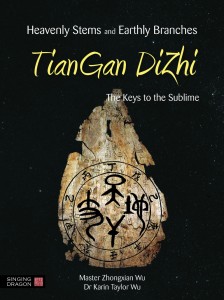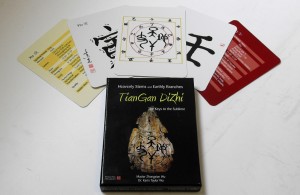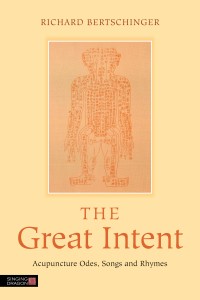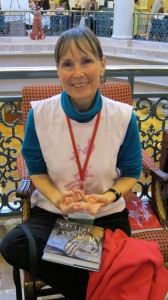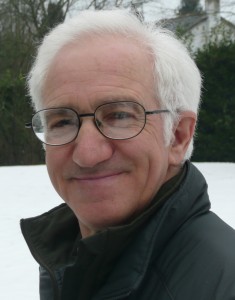 By John Hamwee, author of Acupuncture for New Practitioners.
By John Hamwee, author of Acupuncture for New Practitioners.
Students come out of College full of enthusiasm for acupuncture, inspired by treatments they have witnessed and keen to help patients who have found no solace in other systems of medicine. It is a wave they can ride for quite some time, and one which often helps them to do extraordinary work. But sooner or later they will come up against difficulties and dilemmas which are really challenging and which they will need to resolve if they are going to carry on doing good work. These difficulties may have been mentioned at College, but living through them is quite a different matter. How do you cope, for example, with a patient who insists of coming every week but shows absolutely no signs of improvement? Or who is clearly getting better but denies it? Or with a sudden influx of young adult patients with cancer?
My new book, Acupuncture for New Practitioners, provides some practical tools for dealing with situations like these, but in the end what it is all about is learning to practice in a way that does not deplete or exhaust you – a familiar experience for many practitioners – but instead nourishes and sustains you. It is quite simple, really, but it is profound; and once grasped it will affect not just your work but the whole of your life. For being able to stay steady in the face of suffering, to be compassionate towards those who annoy or frustrate you, to refuse to become downcast by failure or puffed up by success, and to find joy for oneself through helping others – these surely will enhance everything you do outside as well as inside the treatment room.
This book comes from two sources. One is that I found the first few years of practice really difficult. It took me many laborious years to learn the lessons contained in this book and it would have saved me much struggle and heartache if it had been available then. Secondly, I had the opportunity a few years ago to work in a clinic with a group of young qualified, but inexperienced acupuncturists, helping them with their diagnoses and treatments. What I saw, of course, is that they were falling into exactly the same sort of traps that had ensnared me, were puzzled by the kinds of responses to treatment that had troubled me, and were generally trying so hard to do everything right that they were missing what really mattered. I wrote this book for them. And I hope you can still hear the tone of an affectionate talk to a few dear friends – for that is what it is.
John Hamwee has been a practising acupuncturist for 20 years. He also teaches zero balancing workshops in the UK and US. He is the author of Zero Balancing: Touching the Energy of Bone and Energy Medicine. He previously worked as a Senior Lecturer in Systems at The Open University, UK, for whom he wrote numerous textbooks. He resides in Kendal, UK.
Copyright © Singing Dragon 2012.
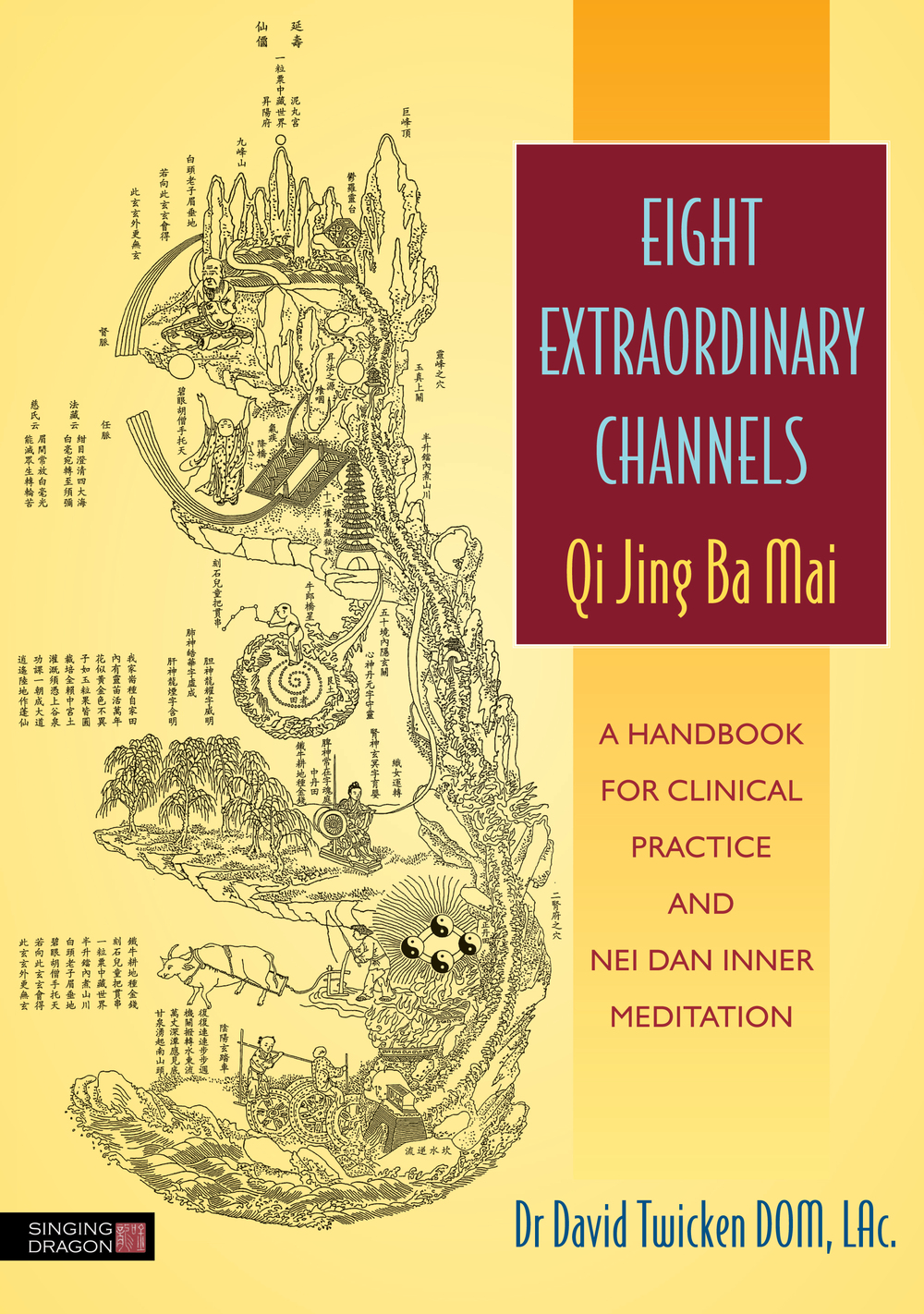 In this extract from Eight Extraordinary Channels – Qi Jing Ba Mai, David Twicken outlines the key qualities of these channels, and how understanding and use of them has changed over the centuries.
In this extract from Eight Extraordinary Channels – Qi Jing Ba Mai, David Twicken outlines the key qualities of these channels, and how understanding and use of them has changed over the centuries.